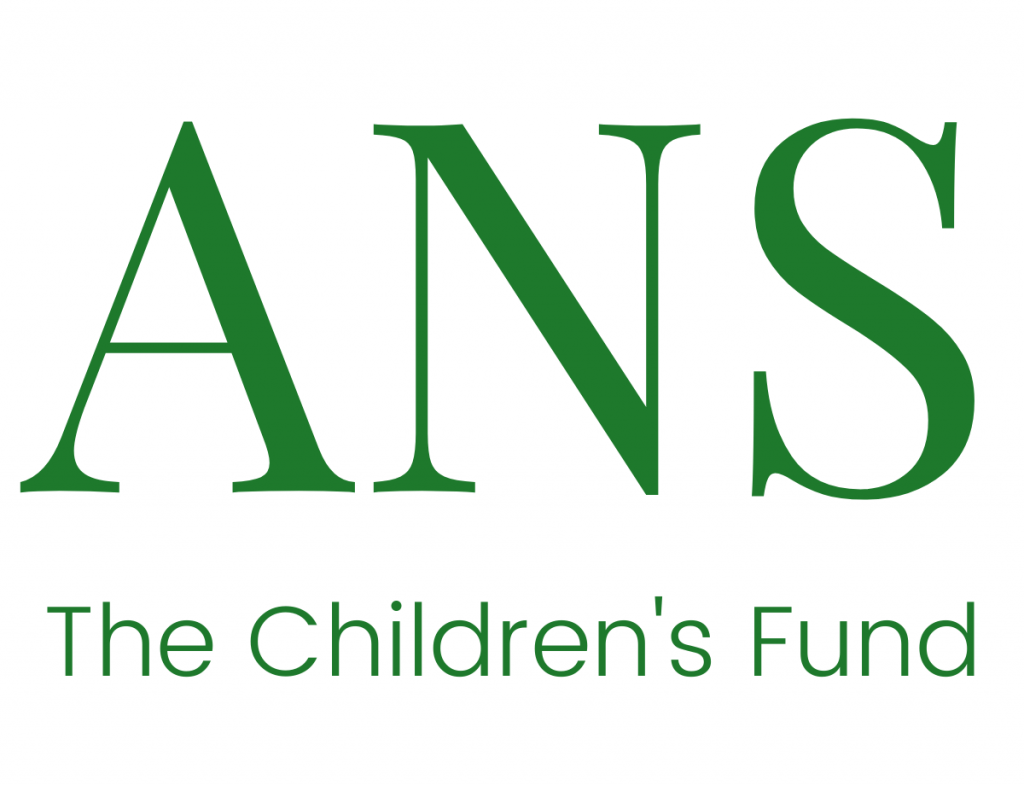Healthcare for low-income children in Nicaragua is limited and inadequate. Nicaragua is one of the poorest countries in the Western Hemisphere, and its healthcare system is struggling to provide adequate care for all of its citizens, especially low-income families.
Children from low-income families are especially vulnerable, as they often lack access to preventive care, immunizations, and treatment for illnesses.
According to several reports, the country faces a shortage of healthcare workers, and many rural areas lack basic medical facilities. The quality of care that is available is also often poor, with inadequate facilities and limited access to essential medicines.
The effect of poverty and nutrition on children’s health
Additionally, poverty and malnutrition are widespread in Nicaragua, and these conditions can have a significant impact on the health of children.
Malnutrition, for example, can weaken a child’s immune system and make them more susceptible to diseases like diarrhea, pneumonia, and malnutrition-related anemia.
Despite these challenges, there are some efforts being made to improve healthcare for low-income children in Nicaragua. That’s why we launched programs to provide free healthcare services to children and improve access to healthcare for the country’s most vulnerable populations.
You can help fight these challenges
Assisting Nicaraguan Society – The Children’s Fund (ANS-TCF) is a non-profit organization dedicated to improving access to healthcare for low-income children in Nicaragua. By donating to ANS-TCF, you can help make a real difference in the lives of these children and their families.
Your donation will support our efforts to provide essential medical services, such as deworming, preventive care, and treatment for illnesses. With your help, ANS-TCF can work to address the shortage of healthcare workers in Nicaragua and improve the quality of care available to children.
Your donation will also support ANS’s efforts to provide health education to families, empowering them to make informed decisions about their health and the health of their children. This education can help reduce the incidence of preventable diseases and improve the overall health of children in Nicaragua.
